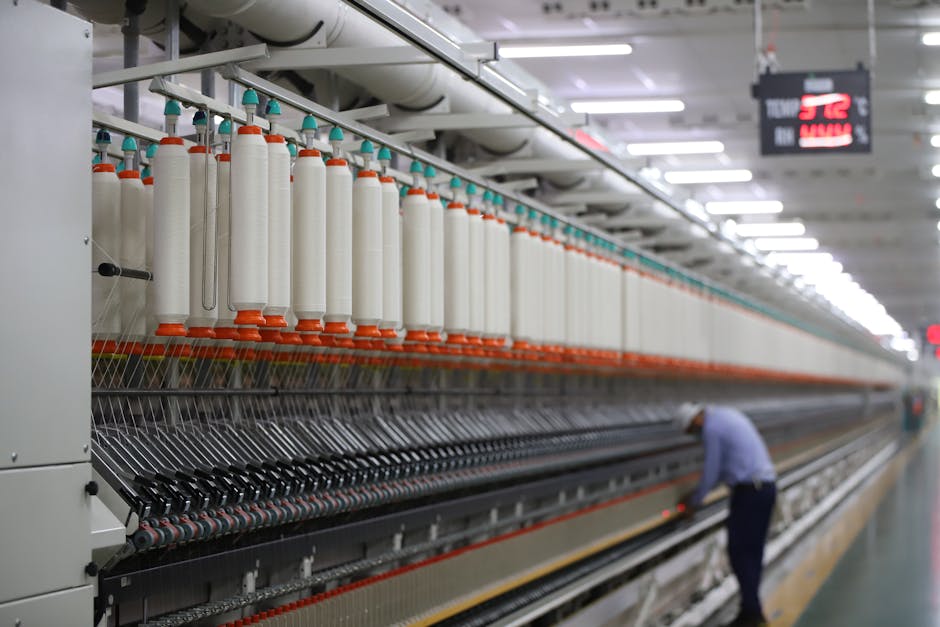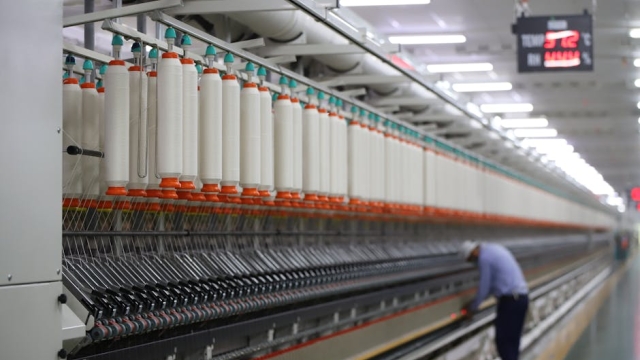
In the dynamic realm of the hospitality industry, the evolution of advanced textile technology is playing a crucial role in enhancing guest experiences. This innovation not only focuses on aesthetics but also emphasizes functionality and sustainability. As hotels strive to create environments that are both luxurious and practical, the integration of advanced textiles into their operations can significantly elevate their offerings. This article will explore key innovations in fabric technology for hotel linens, sustainable practices in textile manufacturing, and the exciting world of smart textiles, all of which contribute to a more refined and efficient hospitality experience.
Innovations in Fabric Technology for Hotel Linens
One of the most significant advancements in textile technology is the development of specialized fabrics designed specifically for hotel linens. These innovations aim to address common challenges faced by the hospitality sector, such as cleanliness, durability, and guest comfort. For instance, moisture-wicking fabrics are becoming increasingly popular in bed linens and towels. These materials are designed to pull moisture away from the body, ensuring a dry and comfortable experience for guests, particularly in high-humidity environments.
Another noteworthy innovation is the introduction of stain-resistant fabrics. With the high turnover of hotel rooms and the potential for spills and stains, textiles that can resist staining significantly reduce the need for frequent laundering. This not only extends the lifespan of the linens but also promotes an eco-friendlier approach by minimizing water and energy consumption associated with washing. These advanced textiles contribute to operational efficiency while maintaining a high standard of cleanliness and presentation.
Sustainable Practices in Textile Manufacturing
As the hospitality industry becomes increasingly aware of its environmental impact, sustainable practices in textile manufacturing have gained prominence. advanced textile technology enables the creation of eco-friendly materials that reduce waste and energy usage. For example, textiles made from organic cotton or recycled polyester are becoming more accessible, allowing hotels to make responsible choices without sacrificing quality.
Additionally, the use of eco-conscious dyeing processes that minimize water and chemical usage is on the rise. By adopting these sustainable practices, hotels can not only reduce their environmental footprint but also appeal to a growing segment of environmentally conscious guests. Implementing these innovations in textile technology aligns with broader sustainability goals and enhances a hotel’s reputation as a responsible business.
Smart Textiles: Enhancing Guest Experience in Hospitality
The concept of smart textiles is revolutionizing the guest experience in the hospitality industry. Advanced textile technology has led to the development of fabrics that can actively respond to environmental conditions. For instance, temperature-regulating textiles can adjust to changes in body temperature, providing optimal comfort throughout the night. This level of personalization significantly enhances the overall guest experience, making stays more enjoyable and restful.
Moreover, smart textiles can integrate technology directly into the fabric itself. For example, linens equipped with sensors can monitor guest preferences and adjust accordingly, creating a tailored environment that enhances comfort. The ability to incorporate features like built-in lighting or sound systems within bedding and upholstery provides hotels with the opportunity to differentiate themselves in a competitive market.
Conclusion
The integration of advanced textile technology into the hospitality industry offers numerous benefits, from enhancing guest comfort to promoting sustainability. Innovations in fabric technology for hotel linens, such as moisture-wicking and stain-resistant materials, are essential for maintaining a high standard of service. Meanwhile, sustainable practices in textile manufacturing ensure that hotels can operate responsibly while appealing to eco-conscious travelers. Finally, the emergence of smart textiles presents exciting possibilities for creating personalized guest experiences. By embracing these advancements, hotels can not only improve their operations but also create memorable stays that encourage guests to return.
For more insights into how advanced textile technology can transform your hotel linens, consider exploring various products that incorporate these innovations.
